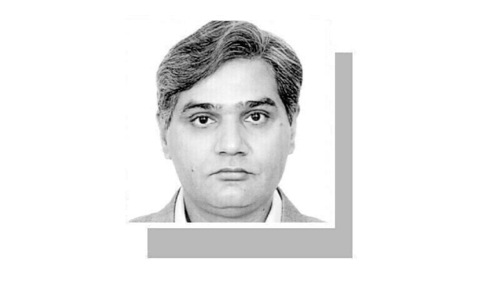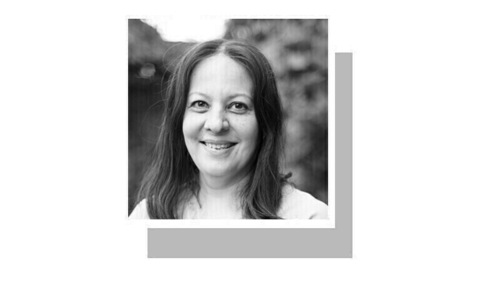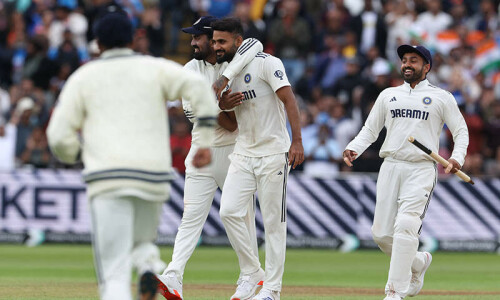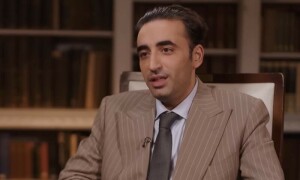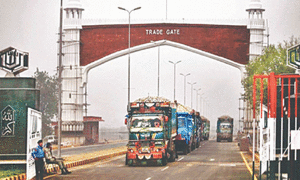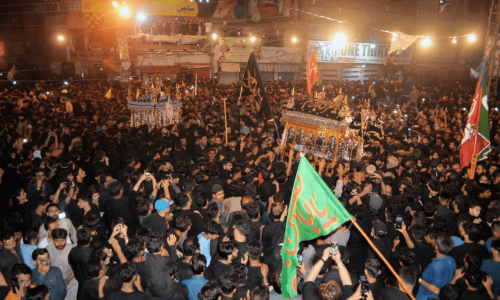THERE are certain key values upon which a harmonious and progressive society should be based. This is essential for smooth running of society. Violation of these values creates a messy, imbalanced situation, whereas in an orderly society these values are strictly followed and observed. Respecting core values helps establish confidence amongst citizens.
There is a long list of key values but the first and foremost value for a good society is justice. Justice means that people are to be treated impartially, fairly and properly. The ideal society would be one in which everybody lives together in a harmonious environment, where everyone is treated fairly. This is fundamental for durable peace, happiness and development.
Justice is important not only for society but equally for a family. In fact, justice within the family creates peace and happiness, impacting society at large. There is a close connection between family and society. Family is the basic unit of a society, which, in turn, is made up of a number of families and households.
In order to create happy relationships within the family, justice demands that parents should treat all family members equally where love, kindness, respect and protection are concerned. They should be just in providing equal education, nutrition and other facilities to their sons and their daughters. In case of sibling rivalries, the parents should be neutral, and act as per the demands of justice. This will enhance their respect in the eyes of their offspring and they will heed their advice or recommendations.
Unfortunately, Pakistan is a patriarchal society, where there is largely no value for justice. If we examine the rural family set-up, gender plays a decisive role in family matters. The girls/daughters are normally given less importance in family circles. This can be gauged from the fact that in many rural households, girls are asked to sleep on the floor while boys are given soft bedding. Girls do not enjoy the same respect, freedom and privileges that boys/ sons enjoy. Girls are asked to do all household chores, no matter what. This includes laundry, cleaning, cooking, washing, dusting, etc.
Islam has given much importance to justice.
In matters of education and marriage, machismo plays a vital role. Most parents are least concerned about their daughters’ education. Girls are sent to ordinary or little known-institutions. Many drop out midway, leaving their educational journey unfinished. In contrast to males, females are not usually consulted in matters of their marriage. In most cases, their marriages are arranged by elders, who compel their daughters to agree to what is being offered. Similarly, after marriage, they are less likely to be consulted in matters of family planning. This exposes injustice at the level of the family, which needs to be addressed on an urgent basis.
The principle of justice has been widely accepted since time immemorial. It says that individuals (male and female) should be treated the same way, without prejudice. For example, if two persons do the same work and there is no relevant difference between them or the work they are doing, then as per the demands of justice they should be paid the same wages. And if one person is paid more than the other person, simply because he is a man, or he is of a certain race or community, then we have injustice and discrimination, because race and gender are not relevant criteria when judging the quality of work.
It is the responsibility of the state to ensure that all citizens are treated fairly and no one is unduly favoured on the basis of ethnicity, caste, creed, religion or gender. It should provide opportunities, allowing all citizens to develop their potential. The citizens should be allowed to choose how to practise religion and how to lead their lives within the law. Similarly, the state’s systems and public policies must evolve to reflect the reality of life.
Citizens deserve respect, encouragement and support to lead secure lives.
Islam has given much importance to justice as it brings peace and tranquillity in family, society and the state. Justice, in fact, is one of the characteristics of Allah. The Quran considers justice to be a supreme virtue (5:8). It is not only for Muslims but for all of humanity. If a dispute involves a Muslim and the other party is non-Muslim, then justice should be done even if the decision is going to favour the non-Muslim.
The Holy Prophet (PBUH) is believed to have said: “The fair and just people who are equitable in passing judgements, in dealing with their family members and in using the authority delegated to them, will be on the pulpits of noor in the audience of Allah” (Abdullah Ibn Umar in Muslim).
The writer is an educationist with an interest in religion.
Published in Dawn, July 4th, 2025



